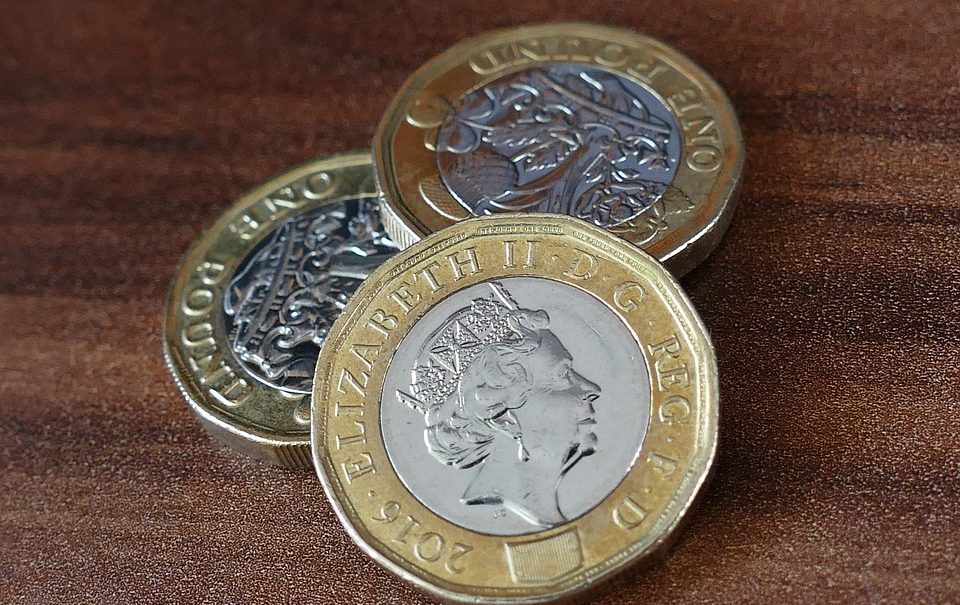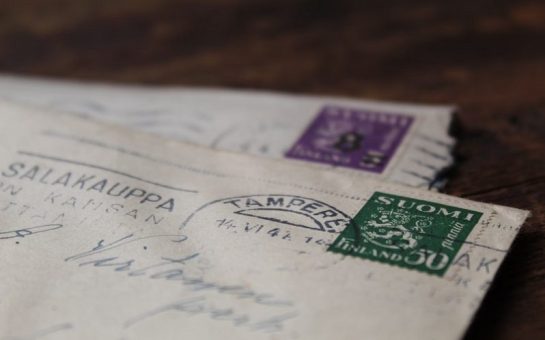After more than 70 years on the throne, Queen Elizabeth’s regal profile has become ingrained in our everyday lives.
We have become accustomed to seeing her name, face and coat of arms on objects from loose change to post boxes.
These aspects of public life and plenty more besides will have to be unpicked as Britain transitions to life under the new reign of King Charles III.
This will not be an overnight transition but instead a gradual change as old designs are phased out and new ones brought in.
Coins and Notes
There are 29 billion coins in circulation in the United Kingdom, all with the Queen’s head on them.
The Royal Mint has not made an official announcement of when the new coins featuring King Charles III will begin to be issued.
While we still don’t know what the King’s coin portrait will look like, one thing that seems certain is that he will be depicted facing the opposite way – to the left.
Traditionally the way that the monarch faces on coins, alternates with each change of monarch.
All notes and coins currently in circulation will remain legal tender and the Bank of England will announce in advance if this is to change.
Stamps and Post Boxes
Since 1967, the Royal Mail has issued all stamps with a side profile silhouette of Queen Elizabeth II.
These Queen Elizabeth stamps will now be discontinued and the process set in motion to create new ones featuring King Charles III.
Nevertheless the old stamps will still be valid for use on letters and parcels.
As well as putting the monarch on stamps, the Royal Mail puts the royal cypher or insignia of the reigning monarch on post boxes.
The ‘EIIR’ mark of Queen Elizabeth II is now the most common cypher in the UK, seen on more than 60% of post boxes.
All new post boxes installed in the UK will feature the cypher of King Charles III.
Royal Seal of Approval
Many groceries and other items carry the Royal Arms, meaning that these products have been granted a Royal Warrant and regularly supply the royal households.
The monarch tends to issue their own Royal Warrants and therefore when a monarch dies these warrants become void.
The warrants previously issued by Charles as the Prince of Wales will remain valid.





